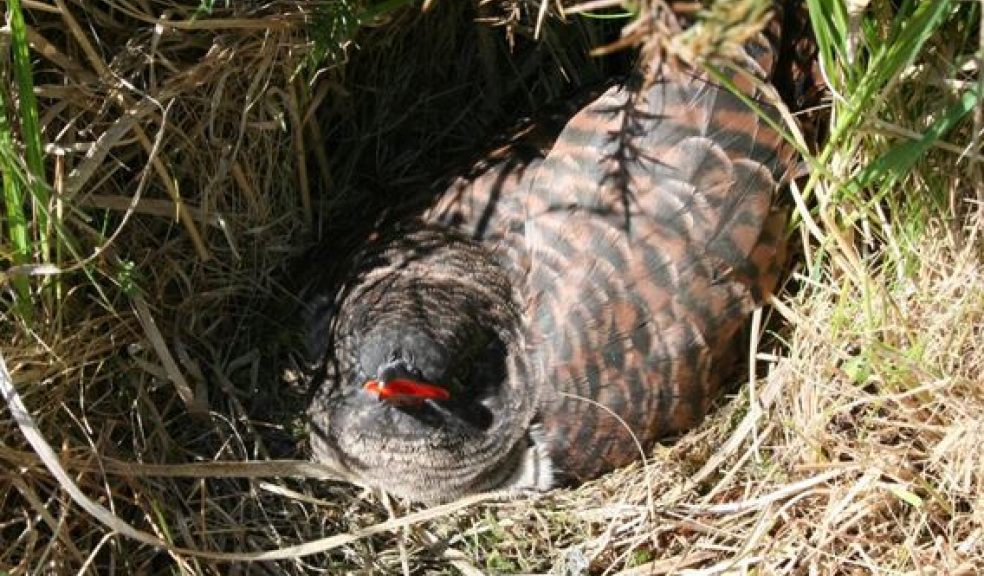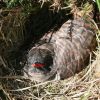
New cuckoo season starts - walks and all!
The first cuckoo of the 2016 season has already been heard on Dartmoor, thereby heralding the long-awaited spring.
Over the last two years, Dartmoor National Park Authority, in partnership with Devon Birds and Exeter University, has been asking the public to report their cuckoo sightings.
During that time, we have collected over 2,000 records of cuckoos across Devon, with 90% of those records coming from Dartmoor.
This spring, we are again collecting as many sightings as possible. Please log your observations by going to our interactive map at www.dartmoor.gov.uk/cuckoo. Alternatively, you can also report your sighting in any of the Dartmoor National Park Visitor Centres or to our outreach staff and Rangers.
Naomi Barker, Dartmoor National Park Ecologist said: ‘The data we are gathering is all part of gaining as much information as possible about cuckoo distribution and breeding success, to understand the reasons for their decline. We are particularly keen to get records from remote Dartmoor sites, observations of cuckoo behaviour, as well as records of young cuckoos later in the year, to get as comprehensive a picture as possible.’
This cuckoo season also includes a guided walk led by a Dartmoor National Park ecologist, looking at cuckoos and learning more about their fascinating lifestyle, their long migration to Africa and about the ground-breaking satellite tagging project that took place on Dartmoor in 2013 and 2014. The walk is scheduled for Monday 2 May, from 10 am until noon. Please bring binoculars and do not wear brightly-coloured clothing. Booking is essential as these walks are very popular and numbers are limited. Meet at Haytor lower car park by the Dartmoor National Park Visitor Centre. Adults £5.00, children 14 & under are free. Book on 01364 661520.
In England the decline in the cuckoo population has been in the order of 70% over the last 20 years, however Dartmoor remains a stronghold for the species.
Good places to enjoy Dartmoor’s uplands accompanied by the song of the cuckoo are Haytor, Meldon and around Headland Warren. Most moorland birds build their well-hidden nests on the ground, so please take great care to stay on marked tracks and keep your dogs under close control.
The cuckoo has a complicated life cycle: it is a migratory bird, which comes to our shores in April, and leaves again in July. It spends its winters in sub-Saharan Africa, and it is not clear what routes our cuckoos choose to get to their wintering grounds, nor where in sub-Saharan Africa the birds actually are. Furthermore, the cuckoo's breeding behaviour is rather unusual: it doesn't build and tend its own nest, but Iays its eggs into the nests of other bird species.
The baby cuckoo then hatches and the first thing it does is to remove all the other eggs and/or chicks from the nest, making it the sole occupant of its adopted nest. The cuckoo is therefore dependent upon healthy populations of its host species, who have faced mixed fortunes themselves in recent times.
Please remember if you are unable to make the cuckoo walk that the National Park Visitor Centre at Princetown has a new display, ‘Discovering Dartmoor’s Wild Stories.’ As well as seeing the ‘Flight of the Cuckoo’ film there is a lifesize model, images and a tweet post to hear their distinctive call. The Visitor Centre is open from 10am to 5pm daily.














